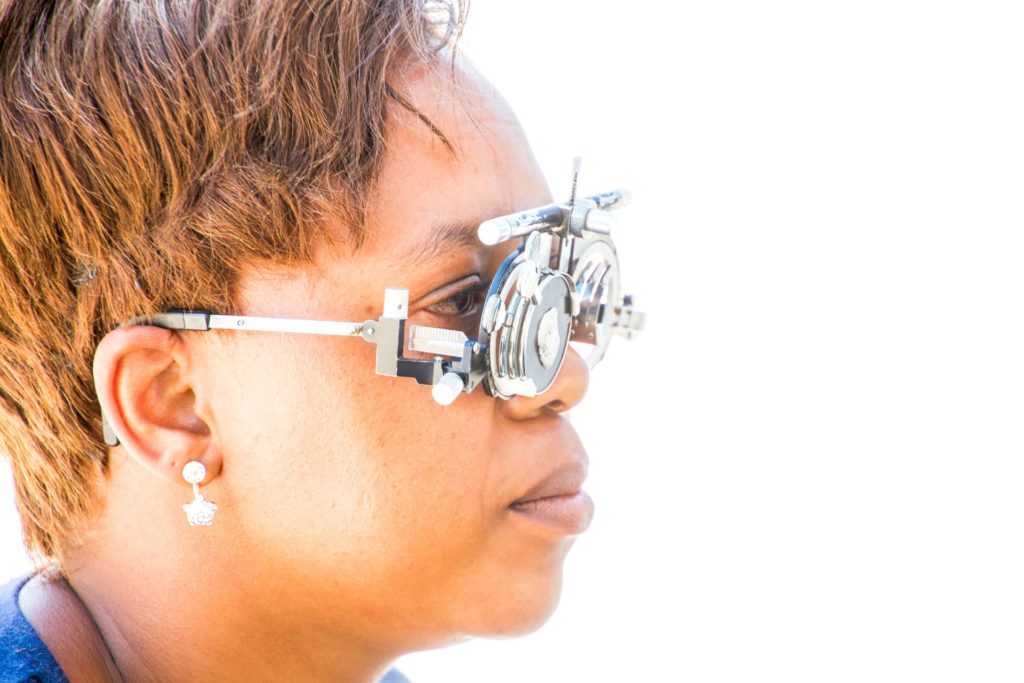CBD is a rising wellness trend. It is one popular, effective herbal remedy, and it has made its way into mainstream natural medicine. CBD appeals to a range of enthusiasts, but due to its close association with cannabis, people still ask questions: does CBD show up on drug tests?
First things first, what is CBD?
Cannabidiol, commonly called CBD, is a naturally occurring compound found in the flower of the cannabis plant. Cannabis is known as abundant in the medicinal plant, until today. The therapeutic properties are being examined and confirmed by scientists around the globe. CBD is tagged as a safe, non-toxic, non-addictive substance by the World Health Organization. It is one of the 100+ “phytocannabinoids” unique to cannabis, which gives the plant its therapeutic profile.
CBD is an alternative treatment for chronic pain, anxiety, inflammation, depression, and many other severe health conditions if conventional medicine fails to deliver. Studies also have proven that CBD has neuroprotective effects and anti-cancer properties. With relevant research and anecdotes of people swearing by CBD’s therapeutic benefits, CBD has transformed the therapeutic landscape and changed the public perception about cannabis.
CBD oils and supplements are generally derived from the flowers of industrial hemp plants. Though CBD is abundant and is the primary substance within these buds, trace amounts of THC are still likely. Most CBD oil has 0.3% THC; this is the maximum THC amount that they are legally allowed to contain. This is an insignificant amount and cannot get users high. But will trace amounts of THC show up on drug tests?
The straightforward answer is no. For better understanding, let’s first discuss what THC is and how it differs from CBD. From there, let’s delve deeper into why CBD won’t show up on drug tests.

CBD vs THC: The Difference
THC and CBD are both phytocannabinoids made from the cannabis plant, but they’re different in many ways they can influence your feelings and think. An easy way to explain this is that THC has psychoactive effectiveness, while CBD does not.
THC is the psychoactive component of cannabis, meaning it is responsible for creating the “high” associated with cannabis use. THC binds with the CB1 receptors of the endocannabinoid system (ECS). These receptors are abundant in the brain and spinal cord, and as THC stimulates them, it produces the psychotropic or mind-altering effects.
The therapeutic potential of THC is impressive and wide-ranging. It can act as an anti-nausea, appetite stimulant, sleep aid, anti-inflammatory, muscle relaxant, pain relief, antioxidant, and many more. Most individuals enjoy THC not just because of its medical benefits but because of the high feeling it gives.
CBD, on the other hand, doesn’t bind with CB1 receptors of the ECS. Because of this, CBD products, even those with trace amounts of THC, curb the psychotropic effects of THC by inhibiting its ability to bind and stimulate the CB1 receptors. This is why people don’t feel “high” when using CBD compared to those who consume products high in THC. So, if you are after the therapeutic benefits of cannabis without the euphoric effects, CBD is the key. CBD also offers a wide range of medicinal benefits without giving users a high feeling. It can be an anti-inflammatory, anxiolytic and antipsychotic agent, anti-anxiety, neuroprotective, anticonvulsant, anti-tumoral, painkiller, immunomodulator, and a lot more.
There are two main types of drug tests: 5-panel test and 10-panel test. The 5-panel test screens for cocaine, opiates, PCP, amphetamines / methamphetamines, and THC. 10-panel test screens for the drugs mentioned above and an additional five more recreational drugs. As you may have noted, CBD is not on the list of drugs that drug tests screen. It is because CBD is not harmful or addictive. But since CBD products contain trace amounts of THC, you may still wonder if there is a chance that using CBD may result in a positive drug test result.
Will I Get A Positive Drug Test Result When I Consume CBD?
CBD doesn’t show up on a drug test. Drug tests only specifically look for indications of THC. The drug test measures the level of THC metabolites in the body. This metabolite is detectable up to 90 days after consumption.
Some CBD products do not hold THC at all. These are known as CBD Isolate or Broad-Spectrum CBD, and they will not show up on drug tests.
There are CBD products that contain trace amounts of THC, those labeled as full-spectrum CBD. Legally, they should only hold up to 0.3% THC. So, what about the 0.3% THC on your CBD? Would it cause the drug test to be positive? The answer is a straight no.
CBD with trace amounts of THC will not produce a positive drug test. There are thresholds required to meet to produce positive drug test results. The Department of Health and Human Services had established the federal workplace drug testing cut off values for THC to indicate the presence of drugs in a person’s system. The threshold varies depending on the type of test:
- Urine: 50 nanograms per milliliter of THC is needed to produce a positive drug test result. CBD-infused products do not demonstrate this amount with 0.3% THC or less. Though high doses of CBD (1-2g+ per day) may trigger a “false positive” in urine tests. But a more GC/MS test wouldn’t be misled and would still give a negative result.
- Hair follicle: This is a relatively new drug testing method. It can detect the presence of THC as far back as 90 days. One picogram per milligram of THC is needed for initial screening and 0.05 picograms of THC for confirmatory testing.
- Blood: This test is uncommon because THC is eliminated from the bloodstream quickly after consumption. There is no standardized threshold for THC for this testing method, but Colorado and Washington established five nanograms per milliliter as a threshold for driving under the influence.
- Saliva: This testing method is less common than urine, and there has been no established threshold for THC yet. The suggested cutoff is four nanograms per milliliter of THC for initial screening, and two nanograms per milliliter of THC for confirmatory testing.

Are There Ways CBD Could Make You Fail A Drug Test?
CBD will not show up on drug tests, but there are still many factors at play that could result in a positive drug test. There are several reasons why a CBD user can fail a drug test.
- Mislabeling
Most CBD products, however, aren’t monitored nor regulated by the Food and Drug Administration (FDA). Because of this, it’s difficult to be sure what’s inside them. The FDA does not evaluate product information for accuracy. CBD-infused products may be mislabeled. Labels may claim that the product only contains 0.3% THC, but this is not always the case.
- Cross-contamination of THC
THC can find its way into CBD products through cross-contamination. This situation occurs when the producer doesn’t pay close attention to the growing, harvesting, extracting, and manufacturing processes.
- CBD derived from marijuana
There is a difference between hemp=derived and marijuana-derived CBD. If you are using CBD derived from marijuana, they may contain a lot of THC, and it is more likely that you will get a positive drug test result.
- Secondhand exposure to THC
Secondhand exposure to marijuana can get you a positive test result on a saliva and hair drug test. This depends on how much THC you absorbed through the secondhand smoke and the potency of the marijuana.
Because CBD is not well-regulated, there is no assurance that the product you are purchasing or is currently using holds pure CBD oil, or that its concentration is at a safe level. It is best to use extreme carefulness and extensive research when purchasing a CBD product to ensure its safety and purity, especially if you need to undergo drug tests.
What Are Your Safest Options?
Now that you know that even when CBD will not show up on drug tests, there are still risks of failing, you should learn to lower the risk. If you are taking CBD for pain management, depression, anxiety, and other health conditions, you do not deserve to suffer from a positive drug test result.
You can limit your risk of getting “false positive” by only buying CBD products made by reliable companies. Buy CBD products that are hemp-extracted. Do not choose cheap CBD products because chances are; they contain THC and other chemicals.
Buy high-quality hemp CBD. Research on the product you are purchasing and ensure that they contain the right amount of THC. Ensure that the product was tested by a third-party laboratory and has a certificate of analysis (COA) accredited by the merchandise. It must have a certificate of analysis (COA) issued from laboratories certified by either one of these organizations: Association of Official Agricultural Chemists (AOAC), the American Herbal Pharmacopoeia (AHP), or the U.S. Pharmacopeia (USP).
CBD offers excellent medical benefits, and you shouldn’t skate on thin ice, buy cheap CBD, and fail a drug test.

